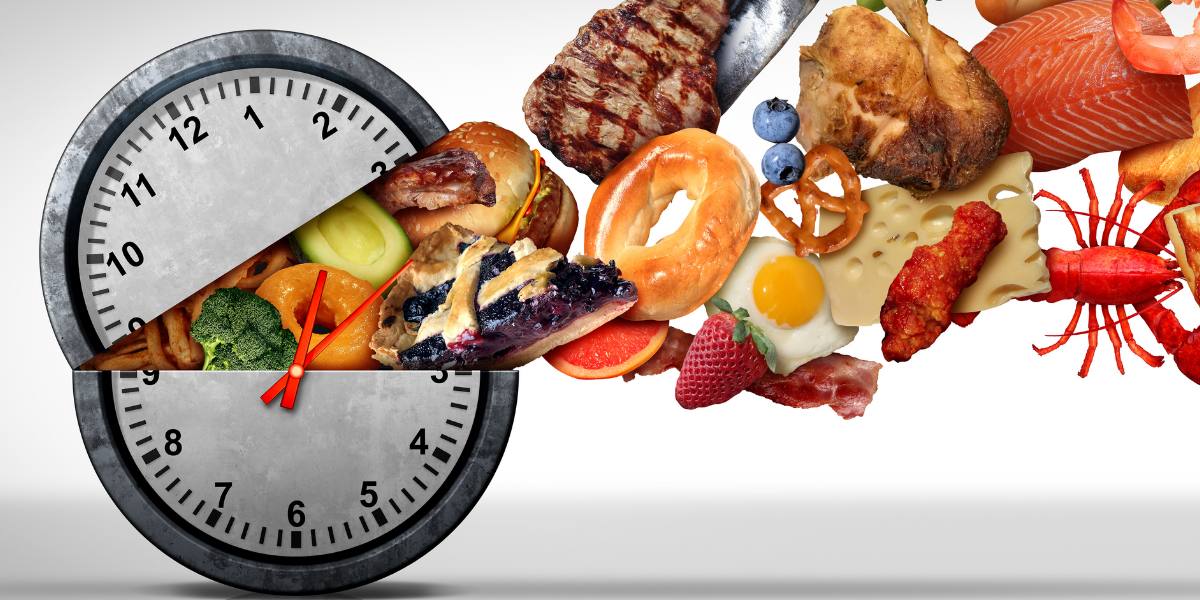Late-night dining habits may not be as harmless as they seem, according to new research.
A French study suggests that having dinner after 9 pm could heighten the risk of experiencing a stroke or mini-stroke, also known as a transient ischemic attack (TIA).
The study over 100,000 individuals, recording their meal timings across up to 15 food diaries on weekdays and weekends.
- Snacks: unhealthy foods increase cardiovascular disease and stroke risk
- Eating ultra-processed food is associated with heart attacks and stroke
- Fasting diet that concentrates on eating early in the day could lower type 2 diabetes risk
The research divided individuals into thirds based on their dinner schedules, with the earliest diners consuming dinner before 8 pm and the latest after 9 pm.
Over an average of 7 years, the study found approximately 2,000 instances of cardiovascular diseases, encompassing heart attacks and strokes.
What did the research show?
People who dined late, after 9 pm, showed a 28% higher likelihood of experiencing a stroke or TIA.
The research poses that our natural eating patterns align with earlier meals.
It suggested potential impacts on blood sugar and blood pressure with later digestion, as indicated in animal studies.
Elevated blood pressure during evenings, a time when it typically drops, might inflict long-term damage on blood vessels, potentially causing blood clots leading to heart attacks and strokes.
However, further research is essential and meal timing might not have as significant an impact as an unhealthy diet does.
- Groundbreaking Study to Screen 20,000 Adults for Type 1 Diabetes
- Keeping active in the morning or afternoon linked to lower risk of type 2 diabetes
- Time Restricted Eating: Beginner’s Guide
Published in Nature Communications, the study emphasised that while having dinner after 9 pm didn’t heighten the risk of coronary heart problems, each hour delay in dinner was associated with an 8% surge in stroke or TIA likelihood.
Similarly, for every hour delay in breakfast, the risk of all cardiovascular diseases increased by 6%.
The research highlighted the impact on women, who make up almost 80% of the study participants.
While men showed fewer significant outcomes, delaying breakfast was linked to an 11% increased risk of coronary heart disease.
The study also suggested the potential health benefits of longer overnight fasting.
It indicated a 7% risk reduction in strokes for every additional hour of overnight fasting.
This correlation is primarily related to individuals consuming dinner early and fasting longer before breakfast, rather than adopting the strategy of late dining followed by a delayed breakfast.




